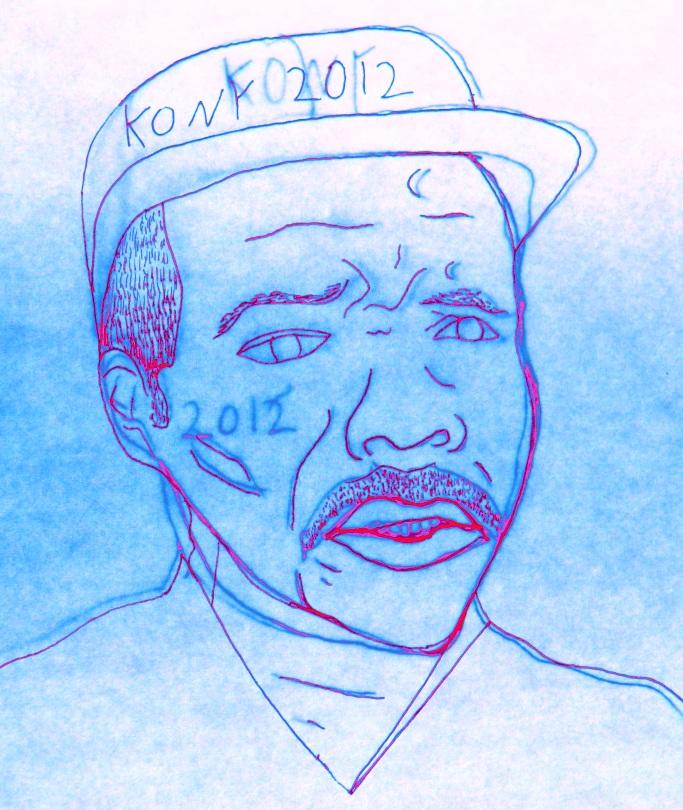Who is Joseph Kony? Activist Jason Russell wants this guy famous.
Russell’s organization, Invisible Children, recently released a viral video, “Kony 2012.” According to Time Magazine, the group said that “Kony 2012″ received a million views in the first day and a million every 30 minutes after 48 hours. This video was all over my Facebook feed.
In case you’re unaware of anything, “Kony 2012″ is a campaign to raise awareness about the Lord’s Resistance Army and their leader Joseph Kony, an African warlord who steals children and makes them his slaves. He’s a monster who doesn’t belong in this world, so I don’t have a problem with this.
Here’s where I have a problem: cash rules everything around this campaign. “Kony 2012″ feels more like an infomercial instead of an awareness campaign. The movie’s director, Russell, and his son Gavin are the focal point of film and more time is devoted to describing Russell’s activist achievements than the atrocities committed by Kony. “Watch the Throne” was more humble.
In addition, the call to action in the last five minutes involves buying things from the organization. Activists can spread Kony’s name everywhere by using the tools inside the (sold out) $30 “Action Kit.” One can also wear a (sold out) $10 bracelet to “show your commitment to the Kony 2012 campaign”as the official Invisible Children web store puts it.
Here’s a better idea: take that money and donate it to a better charity.
Another issue is that “Kony 2012″ misrepresents the situation. The video implies that Joseph Kony is an active threat to Ugandans and advocates for military intervention to stop him.
This may not be the case. Adam Branch, an assistant professor of political science at SDSU, wrote in an article for Al-Jazeera that the serious problems the Ugandans face today are caused by foreign land speculators working with the Ugandan government as well as the government itself. Branch also notes that the US government can use the activists’ requests to increase military presence in central Africa, which is – get this – a very oil rich region. Can you see a conspiracy?
In addition, the video takes a morally grey situation and turns it black and white by casting the Ugandan army as the good guys fighting the evil LRA. In reality, both sides are like the Stormcloaks and the Imperials from “Skyrim” in the sense that they’re both awful.
In 2005, Human Rights Watch released a report that stated that both the LRA rebels and the Ugandan army were committing atrocities in northern Uganda. The LRA’s crimes “include torture and mutilation, abduction, sexual violence, forced recruitment, and killing of people it considers supporters of the government.”
As though they were taking part in a cruelty contest, the government forces “have raped, beaten, arbitrarily detained and killed civilians in camps. Some beatings are inflicted for minor infractions such as being outside the camp a few minutes past curfew.”
Perhaps Gavin could helpfully point out that both sides are the bad guys here.
I should take a page from Russell’s book. I urge you to share this article with everyone you know in order to get the word out about Russell’s misleading activism.
Let’s make the truth famous.






































































